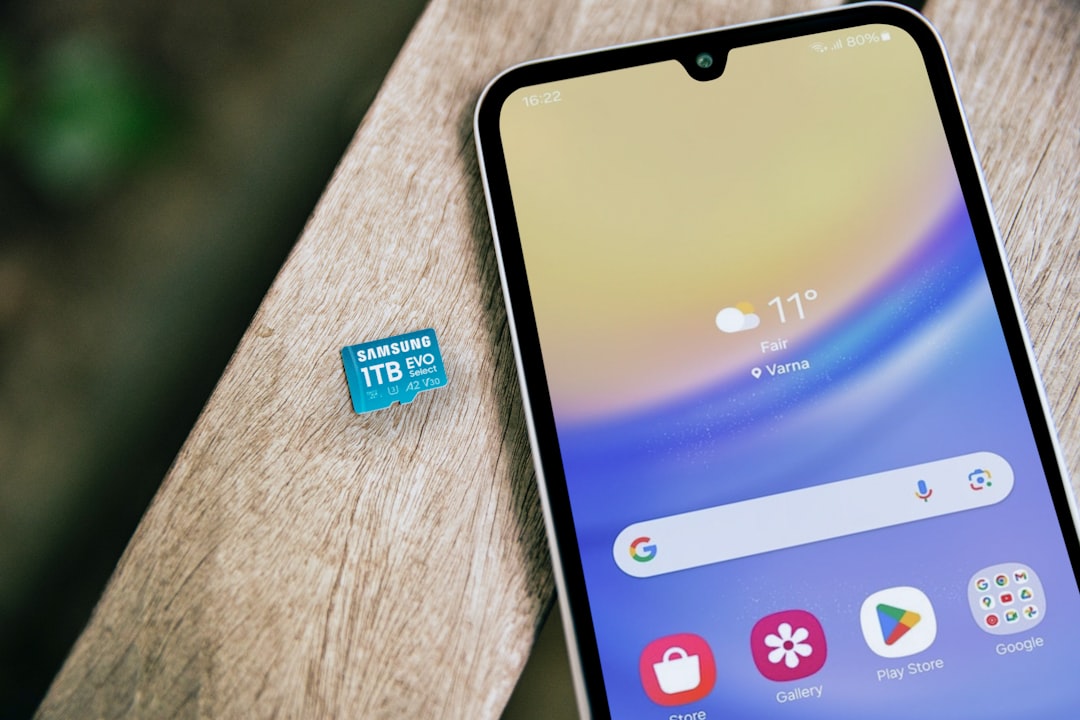Robocalls in Illinois are regulated by state and federal laws, offering legal protections against unsolicited automated calls for advertising. Residents may sue for robocalls if these guidelines are violated, addressing issues like annoyance, stress, and potential fraud. An effective education initiative should communicate these laws, teach call identification and reporting, establish a robust reporting system, and share case studies of successful litigation. Targeting diverse audiences through data-driven strategies and personalizing content is key. Measuring success involves tracking KPIs such as call blocking rates, consumer complaints, and participant feedback to adapt and stay updated on legal developments, ensuring residents are empowered to combat robocalls and understand their rights regarding "Can I Sue For Robocalls Illinois?"
In the age of digital communication, robocalls have become a ubiquitous yet often unwanted nuisance. With a significant rise in automated calls targeting Illinois residents, understanding and addressing this issue is more crucial than ever. This article explores an education initiative aimed at empowering Illinoisans to navigate and combat robocalls effectively. We delve into the legal framework governing these calls, propose key components for an educational program, and offer strategies to engage communities, ensuring they know their rights and can take action against unwanted robocalls—even exploring the possibility of legal recourse through ‘Can I Sue For Robocalls Illinois’.
Understanding Robocalls and Their Impact in Illinois

Robocalls, automated phone calls made en masse, have become a ubiquitous and often unwanted part of daily life in Illinois, as across the nation. While many robocalls are for legitimate purposes like political campaigns or marketing, they can also be frustrating, invasive, and even illegal. In Illinois, where privacy laws are stringent, understanding your rights against robocalls is crucial. If a call violates these regulations, which include protections against unsolicited calls and certain types of automated messages, individuals may have legal recourse. The question, “Can I sue for robocalls in Illinois?” is not uncommon, as residents look to defend their personal time and privacy.
The impact of robocalls extends beyond mere annoyance. Unwanted calls can disrupt work, cause stress, and invade personal space. In some cases, they may even be a sign of fraudulent activity or identity theft attempts. Recognizing these issues, Illinois has implemented measures to protect its residents, including strict regulations on telemarketing practices. If you’re experiencing a high volume of robocalls or feel your privacy rights have been violated, understanding the laws and your options—including seeking legal advice on potential lawsuit strategies—”can I sue for robocalls in Illinois?”—is an important step towards reclaiming control over your phone lines.
Illinois Legal Framework for Robocall Regulation

In Illinois, the Legal Framework for regulating robocalls is established through various state laws and regulations. The Illinois Consumer Fraud and Deceptive Business Practices Act prohibits unfair or deceptive acts in the conduct of any trade or commerce, including automated telephone calls used for advertising purposes. If a robocall violates these guidelines, consumers may have legal recourse and sue for damages. Additionally, the Telephone Consumer Protection Act (TCPA) at the federal level offers further protections against unwanted robocalls, enabling individuals to file complaints and seek compensation for violations.
Understanding the legal framework is crucial when considering legal action against robocallers. If you believe a robocall has infringed upon your rights in Illinois, evaluating whether the call constitutes an unlawful practice under state or federal law is essential. This knowledge empowers consumers with the tools to take action and potentially sue for robocalls that invade their privacy or disrupt their daily lives.
Building an Education Initiative: Key Components

When creating an education initiative in Illinois to combat robocalls, several key components are essential for its success. Firstly, robocall laws and regulations specific to Illinois should be thoroughly understood and incorporated into the educational curriculum. This includes explaining the legal rights of residents regarding unwanted calls, such as those protected under the Telephone Consumer Protection Act (TCPA). Secondly, interactive workshops or webinars can effectively teach citizens how to identify and report robocalls, providing practical tools to mitigate their impact.
Additionally, the initiative should focus on building a robust reporting system for robocalls, ensuring that Illinois residents have a straightforward process to document and report suspicious calls. Collaborating with local law enforcement agencies or consumer protection organizations can enhance the initiative’s reach and credibility. Furthermore, integrating case studies and real-life examples of successful robocall litigation in Illinois (or similar states) can illustrate the potential legal recourse available to victims, encouraging them to take action when facing unwanted calls—and potentially sue for robocalls if justified.
Strategies to Reach and Engage Target Audiences

Reaching and engaging target audiences is a crucial step in any education initiative, especially when tackling controversial topics like robocalls. In Illinois, where laws regarding Can I Sue For Robocalls are stringent, it’s essential to create targeted messaging that resonates with various demographics. Utilize data-driven strategies to identify specific communities most affected by or curious about this issue. Social media platforms can be a powerful tool for this; tailor content to resonate with younger voters through engaging videos and infographics, while direct mailers and local community events might better capture the attention of older residents.
Personalization is key to effective engagement. Create robocall scripts that acknowledge cultural and regional differences, addressing concerns in a relatable manner. For instance, focus groups can provide insights into common pain points related to robocalls within specific communities, allowing for more nuanced messaging. By employing these strategies, the Illinois Robocall Education Initiative can ensure its reach extends beyond mere awareness, fostering genuine dialogue and empowering citizens to take action regarding their rights in the face of such calls.
Measuring Success and Continuous Improvement

Measuring success is a critical aspect of any educational initiative, and an Illinois robocall education program is no exception. To gauge the effectiveness of the program, key performance indicators (KPIs) should be established. These might include call blocking rates among participants, changes in consumer complaints regarding robocalls, and feedback from those who have undergone the education. By tracking these metrics over time, you can identify trends and areas for improvement. For instance, if calls from known telemarketing numbers are still reaching residents, it may indicate a need to refine the educational content or implement additional strategies to block such calls.
Continuous improvement is essential to keep up with the evolving nature of robocall tactics. Regularly reviewing and updating the education program ensures that it remains relevant and effective against new types of robocalls. This can be achieved through community feedback mechanisms, industry insights, and staying informed about legal developments, including any changes in legislation regarding robocalls in Illinois and the potential for Can I Sue For Robocalls Illinois scenarios. Adopting a dynamic approach will help maintain the program’s integrity and ensure that residents are better equipped to handle robocall scams.






